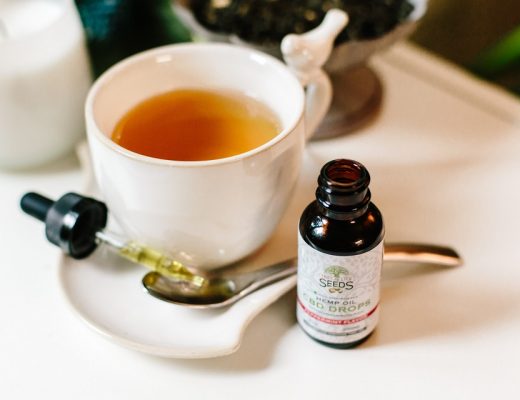Softgels have become a convenient and effective way to get a daily dose of your vitamins and minerals in this fast-paced world. These tasteless, small, soft, oval-shaped capsules have become an effective drug and supplement delivery system and are often used by companies in the pharmaceutical and dietary supplement space.
Today we will explore the world of these little but effective tools, their types, compositions, manufacturing processes, and their wide scale of use in the growing dietary supplement industry.
Different Types Of SoftGels Based On Content
- Oil-Based Softgels: The oil-based soft gels are commonly used to contain fat-soluble compounds such as vitamin E, omega-3 fatty acids, and DHA fish oil. These oil-based softgels improve stability and bioavailability and also ensure proper dosing, though there are chances of stuff going bad due to oxidation and stability issues; hence, they must be stored in airtight bottles away from sunlight.
- Water-based Softgels: Water-based softgels are popular for delivering water-based nutrients like minerals and vitamins to the body. They provide better delivery for some specific substances as compared to oil-based softgels. Water-based softgels get dissolved and absorbed rapidly, which increases the bioavailability of the content, hence providing a quick effect
- Multi-Compartment Softgels: Multi-compartment softgels can carry different ingredients within a single gel; this increases the effectiveness of the medication, which requires working in combination upon release and targets multiple affected areas in the body at the same time.
- Chewable Softgels: Chewable softgels are gaining popularity due to their convenient use cases, mostly in medication for kids and elderly people. They usually have a tasty flavor coating and are easy to use. They have become a popular alternative as compared to traditional capsules and tablets.
Why Are Softgels Preferred As A Mode Of Medication?
Softgels have a very flexible exterior and are usually made up of gelatine, which contains a liquid or semiliquid form of supplement that you take. But why do we prefer softgels over, say, capsules? Let’s explore it in detail.
- Improves Bioavailability: Some supplements like fish oil, omega-3 fatty acids, ubiquinol, and collagen work better in liquid form, which makes softgels the ideal way to deliver them to your body.
- Masks the odor and improves taste: Sometimes the medication has a very unpleasant taste and smell; softgels mask the smell and make the taste more palatable when consumed due to their tasteless shell.
- Controlled release and targeted delivery: Specially coated softgels go through your stomach in intact form and open up and release the contents in the intestine, increasing the chances of getting medication or nutrients to specific absorption sites. They also help in the gradual and sustained release of medication, which increases its effectiveness and provides a long-lasting effect.
What Are Softgels Made Of?
The old and widely popular type of softgel is gelatin-based. Gelatin-based softgels have been in use in the pharma industry for a very long time. Gelatin is made from animal collagen and increases the softgel’s flexibility and robustness. The collagen is extracted through the hydrolysis process from the skins of animals like cows, pugs, and various marine animals. This process of making softgels is often criticized by animal lovers, vegans, and vegetarians. Although the efficacy of gelatin-based softgels is very high and reliable, the animal cruelty aspect has given rise to natural, non-gelatine alternatives.
This brings us to the second and widely growing form of softgels, i.e., vegan and vegetarian softgels. These are made with plant-based ingredients like carrageenan and starch, making them a popular choice among planet-conscious people and for those who have dietary restrictions.
TrustWorks, a US-based contract manufacturer for softgels, is leading this race with their new 100% vegetable softgels, known as Opti Veg Softgels. These are made with their exclusive formula made up of modified tapioca starch. These Opti Veg softgels are carrageenan- and allergen-free and have better thermal stability than other tapioca starch-based softgels on the market. They provide a much better alternative to carrageenan, bovine, and regular gelatin softgels, as these special softgels are free from animal derivatives, GMOs, gluten, sugar, and preservatives.
Trust Work claims that these specially formulated Opti Veg Softgels are suitable for both Halal and Kosher certification and do not melt or stick in hot regions and climates.
The Final Thought
Softgels have become an integral part of the pharmaceutical and nutraceutical industries. Soft gel manufacturers like Trust Work are leading the race for change within the softgel supplement industry with their proprietary formula and unique manufacturing processes. Their Opti Veg Softgel has become a preferred choice by big brands like GNC and Rite Aid, as these are organic, non-GMO, gluten-free, and free from any animal derivative, which makes them suitable for vegan, vegetarian, and planet-conscious audiences. The future of softgels seems promising due to advancements in formulation technology, manufacturing processes, and sustainability practices being followed by manufacturers.








No Comments